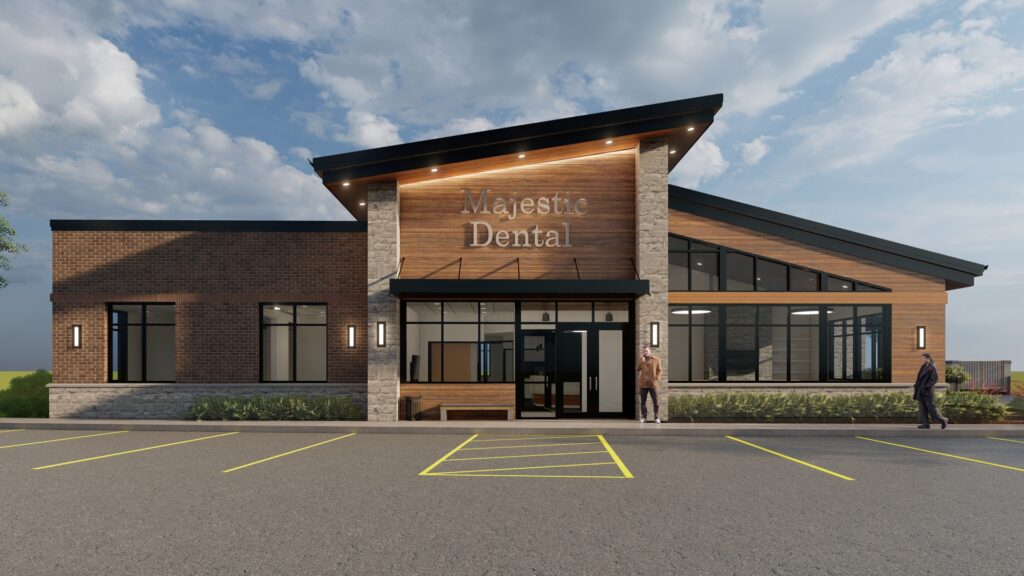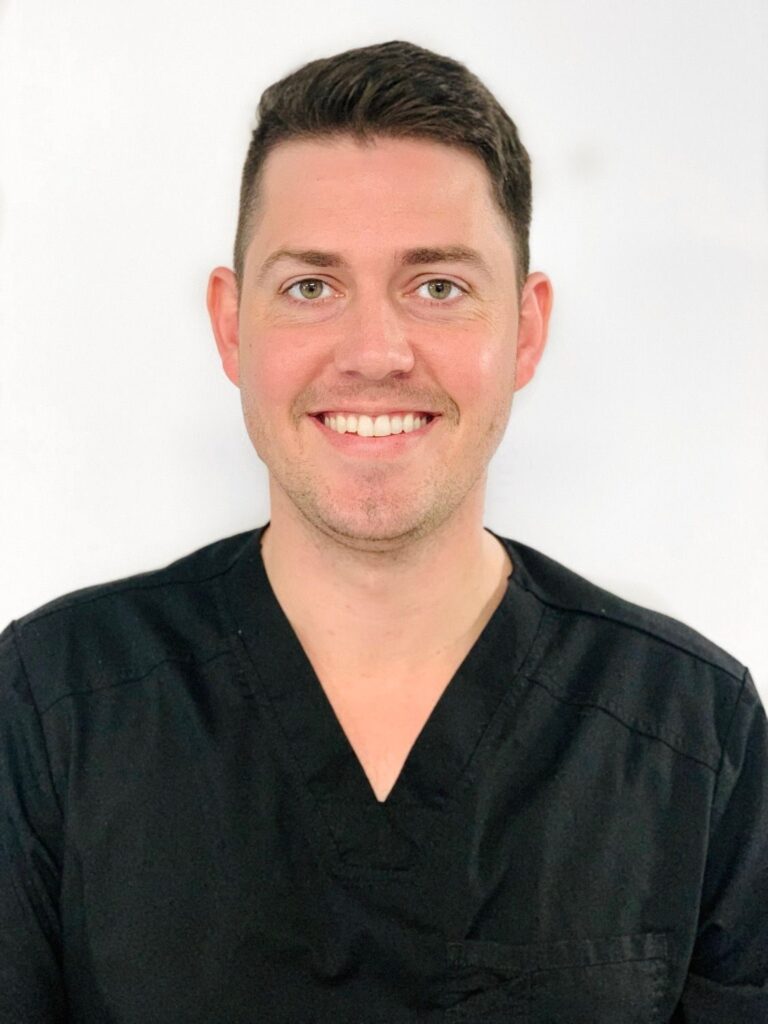
Your health is important — no matter your age, income, or dental health history. Enjoy an inclusive approach and high-quality care backed by years of experience and expertise.
Know you’re covered — most insurance accepted!
No insurance? No problem. Ask about our in-house membership program & payment options.
Combining cutting-edge dentistry with a team who treats you like family, you can rest assured you are getting the best care available.
Dr. Michael Lear and our team are passionate about oral healthcare. We create healthy mouths and beautiful smiles through treatment plans tailored to your specific needs and goals. We believe that you and your family should be treated as if you are our only patient, getting the time and attention you deserve to ensure we are doing everything we can for your general and dental health.
Located in Cottleville, MO, Majestic Dental welcomes dental patients from St. Charles, St. Peters, and the surrounding communities. To learn how we can help you attain a healthy, beautiful smile, please call to schedule an appointment!
Learn More:


Dentistry for Dr. Michael Lear is more than just fillings and crowns. Dentistry is the relationships and trust built with his patients and the concern for their oral and overall health. He considers his patients part of his extended family and enjoys getting to know them and their family. Dr. Lear welcomes new patients of all ages, from the first dental visit at a year old and on into adulthood. Dr. Lear would love to add you and your family to his growing family here at Majestic Dental.

I am a product of St Peters. I have been blessed with friends and family in all corners of the greater St. Charles area. After attending Francis Howell Central, my education took me around the Midwest from playing soccer in Iowa, to obtaining my Masters in Biochemistry at UMSL, and finishing at UMKC Dental School. My dream has always been to return to my community to share my knowledge and talent with all of those that make St. Charles such a great place to raise a family.

